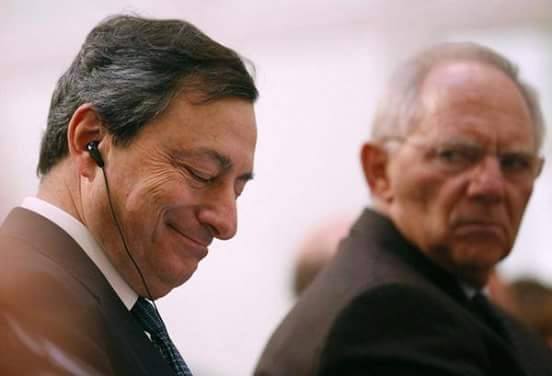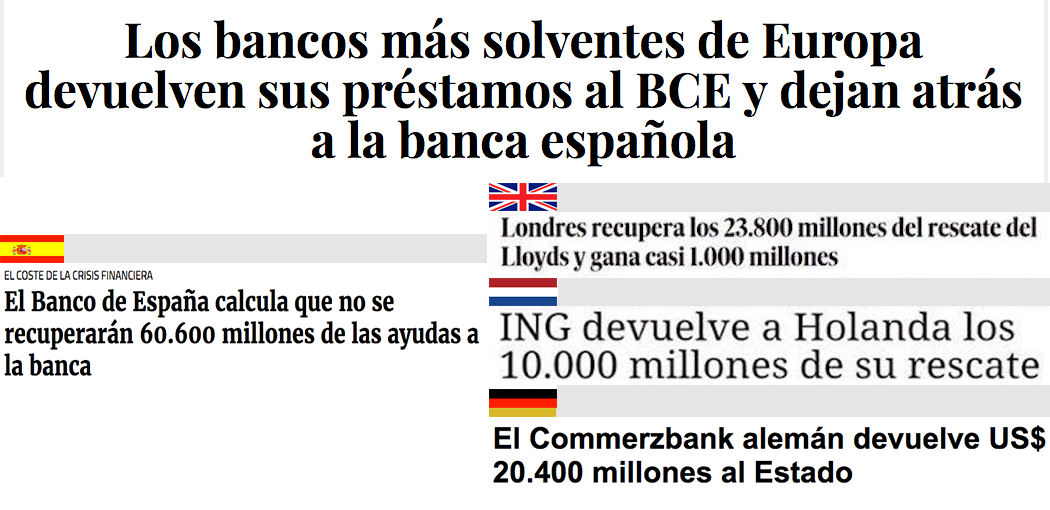Income inequality is at its lowest level since the height of Thatcherism, according to official figures published on Tuesday, with jobs growth and low inflation in 2015-16 boosting poorer households’ living standards while earnings for the richest fell.
The figures, which show inequality at its lowest since 1986, highlight the difference between perceptions that the wage gap between the richest and poorest is growing and the data.
The Office for National Statistics published the data on the day that Labour leader Jeremy Corbyn floated the idea, which he later stepped back from, of a cap on high pay. “We cannot go on creating worse levels of inequality,” he said.
The figures are the most up-to-date income inequality statistics and the first to provide evidence on 2015-16, with a history of more than 50 years. In June, figures based on a larger survey will be published. In the past these have also shown gradually decreasing income inequality in recent years.
Average household incomes for four-fifths of the population outside the richest 20 per cent were all higher in 2015-16 than before the financial crisis after taking inflation into account.
Incomes of the households in the poorest 20 per cent were 13 per cent higher than in 2007-08, while those in the middle of the income distribution were about 5 per cent higher. For the richest 20 per cent of households, incomes were 3 per cent lower on average than before the crisis.
This pattern of bigger rises in incomes for poorer households and drops among richer households has shown up in measures of inequality. The gini coefficient — a summary measure that has a value of 0 if there is total equality and 1 if one household has all the UK’s income — has declined steadily since it peaked in the early 1990s.
Measuring private sources of income alone — wages, self employment income, investment income and private pensions — inequality of “original incomes” was 0.49 in 2015-16, 8 per cent lower than its 1993 peak.
Household disposable incomes are distributed much more equally after the deduction of taxes and addition of cash benefits and tax credits with a gini coefficient of 0.32 in 2015-16. The ONS calculated that inequality of disposable income fell in 2015-16 to its lowest level since 1986, 14 per cent below its 1993 peak.
Matthew Whittaker, chief economist of the Resolution Foundation, said the perception gap between the facts on inequality and widespread complaints that living standards are inadequate is explained by the extremely low levels of income growth in the UK since the financial crisis.
Between 2007-08 and 2015-16, the annual growth of average incomes has been less than half the level of Thatcher period and the period between 1990 and 2007-08.
“There’s little comfort to be taken in the fact that inequality has narrowed when everyone is feeling that their living standards expectations aren’t being met,” Mr Whittaker said.
The section of society that has done best since 2007-08 are pensioners, who have had 13 per cent income gains, while non-pensioners have on average seen their disposable incomes fall 1.2 per cent.
The figures also show that the UK’s 5m rural households are richer on average than 20m urban counterparts, with countryside average disposable household incomes of £35,500 and urban incomes of only £32,500.
If experts from the Resolution Foundation and the Institute for Fiscal Studies are correct, 2016 is set to be the last year for some time of falling income inequality, because benefits for non-pensioners are set to be frozen for four years in cash terms until 2020.
https://www.ft.com/content/394b82da-d74f-11e6-944b-e7eb37a6aa8e







